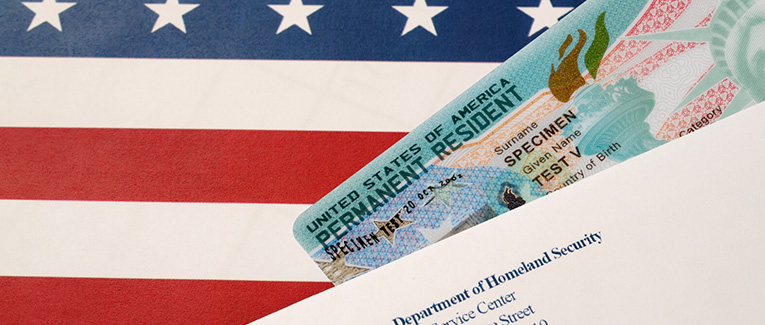
There are no established rules or statutory standards regarding what is considered ‘National Interest’. The U.S. Citizenship and Immigration Services (USCIS) considers each case on an individual basis. The government has become increasingly strict in their interpretation of what it considers to be in the national interest. Applications that would have been approved years ago are now being denied. Moreover, different USCIS service centers have different approaches and requirements.
While determining whether an admission of an alien would be ‘in the national interest’, the following factors may be considered:
- Whether the alien’s admission will benefit the American economy.
- Whether the alien’s admission will improve the working conditions and wages of U.S. workers.
- Whether the alien’s admission will improve training and educational programs benefiting U.S. under-qualified workers and children.
- Whether the alien’s admission will help create more affordable housing for young, aged, or poor U.S. residents.
- Whether the alien’s admission will improve the environment and lead to better usage of natural resources.
- Whether the alien’s admission is requested by an interested U.S. government agency.
- Whether the alien will help improve health care.
The alien must meet one or more of the above criteria to be considered for a NIW petition.
The following three factors are considered in determining whether an alien will substantially benefit the national interests of the United States:
- The alien seeks work in an area of “substantial intrinsic merit”.
- The alien’s work must have a benefit which will be “national in scope”. In other words, the alien’s perspective contribution will provide benefits on a national scale rather than bring benefits to a limited region in the U.S.
- Alien must “serve the national interest to a substantially greater degree than would an available U.S. worker having the same minimum qualifications”.
This 3 part test was established by the USCIS associate commissioner after the New York State Department of Transportation (NYSDOT) case in 1998.
NIW applicants establish themselves as having some unique and exceptional skill, experience, or knowledge that sets them apart from their professional peers. Documents stating that he/she possesses a certain level of competence is not sufficient to receive a NIW. Proficiency greater than mere competence is expected for seeking a NIW.
National Interest Waiver cases require that the emphasis rest with the overall value and potential of the alien’s individual contribution to the U.S. – not the fact that he/she is merely working in a field of high national interest. The alien must be a key or critical member of the team, and without this member, the team function would be severely impacted .
Many graduate students who have not had enough time or experience as a researcher or engineer and have done little, outside the work required to complete the degree should not qualify for NIW just because they are working in cutting edge technology and it is so significant that it must be in the national interest. A NIW classification is not designed for all graduate researchers to qualify.

